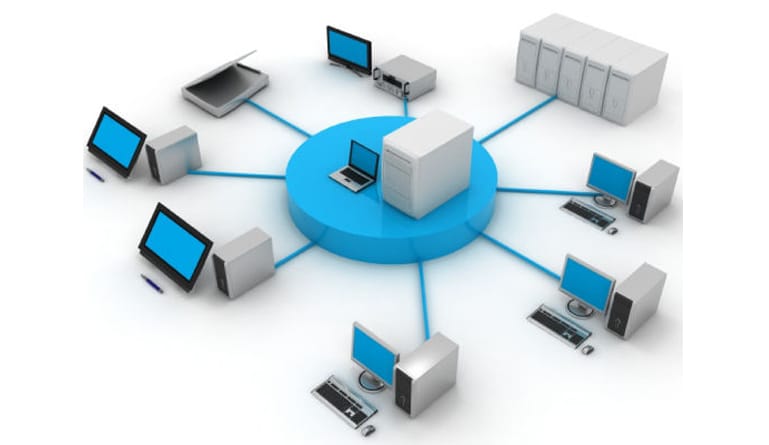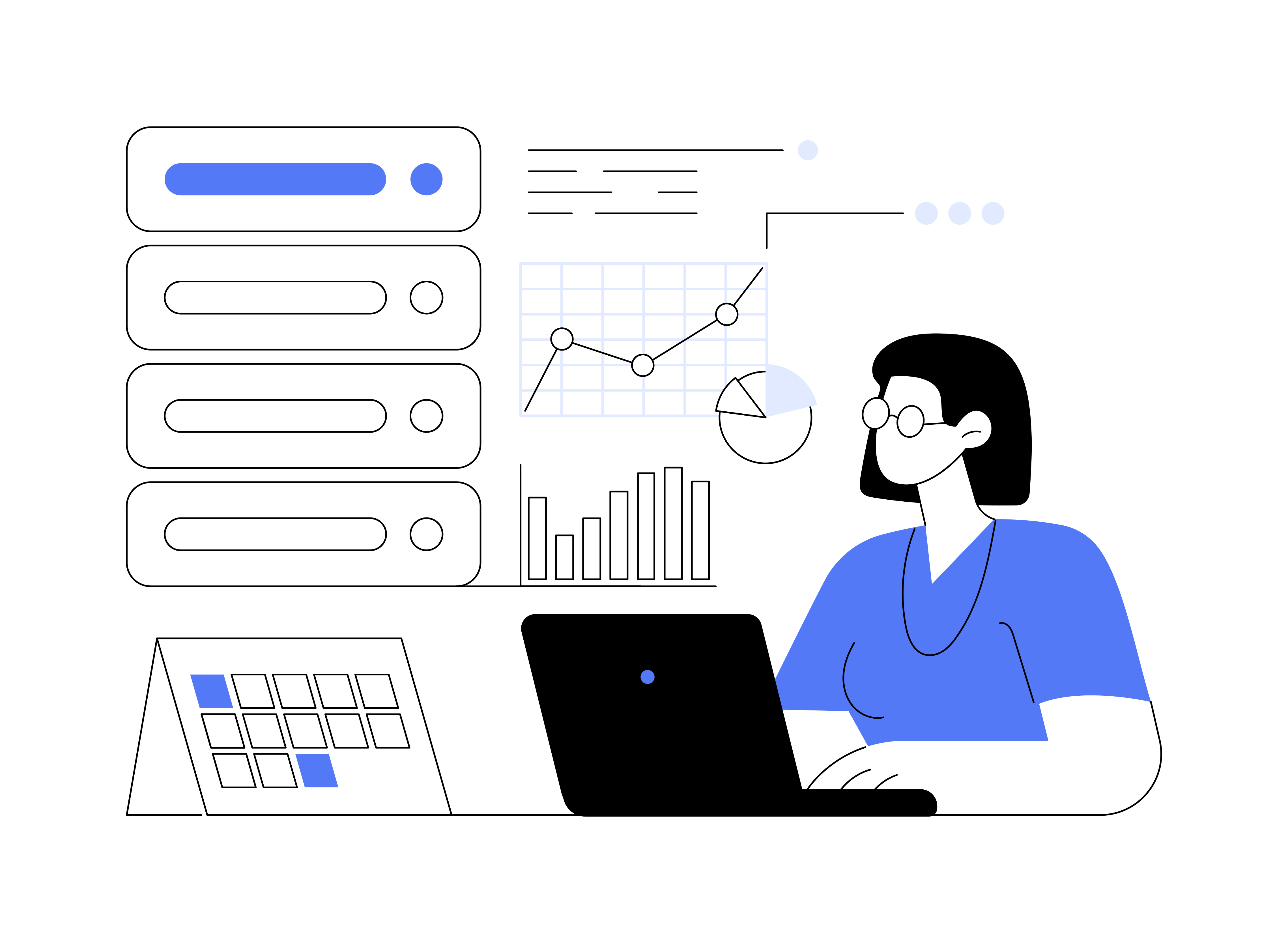Centralized data is necessary for marketing teams to achieve their goals.
Centralized data increases marketing ROI, ensures content is consistent throughout the company and eliminates the possibility of data being an obstacle, rather than an asset.
It is extremely important that Marketers centralize their data and prioritize marketing ROI. Without data being centralized, a marketer cannot recognize their vision of data-driven marketing efforts. Centralizing data gives meaningful insights into marketing data collected.
Reduces Reporting Time
When data is centralized, reporting time is cut by at least 80%. The less amount of time marketing teams spend on compiling reports for reviews allows them to focus more time on strategic decision making and improving marketing efforts.
Cost Savings
Freeing up more of the marketing budget is one of the biggest reasons of centralizing the data the marketing department acquires. Centralizing data makes inefficiencies more visible, making solutions more obvious and effective.
Seamless Customer Experiences
When all marketers are working together as a team and using the same data, they’re able to offer customer experiences that are in-sync with the brand journey. Customers have high expectations of companies and they notice inconsistencies.
More Time Marketing
Centralized data allows marketing teams to spend less time organizing and more time marketing. Centralized data also gives marketing teams a deeper, more connected understanding of marketing processes. A better understanding of processes like supply chains helps marketers to forecast and troubleshoot long-term strategies more accurately.
Data is an Asset
Our culture is very much data-driven. Data is an essential asset that helps companies perform better and satisfy their customers more effectively. Data is an asset that must be optimized. When data is decentralized and disorganized, data becomes an obstacle for companies holding them back.
Higher Quality Content
Centralizing data improves the content and makes it more consistent. It is essential that a company’s content be consistent or else customers will notice. High quality, consistent content is the best way to enhance the customer journey.
Consistent Messaging
Centralized data give concrete direction to all groups in the business creating content. The best way to ensure messaging is consistent throughout the organization is to start at the top and have it get communicated down to every level involved.
Meaningful Reporting
When data is centralized, companies know what marketing efforts were made and the benefit they brought to the company. Centralized data helps companies to track the ROI of efforts made to make the company better. Without centralized data, ROI is much harder to track and companies don’t know if they are wasting money on efforts that aren’t paying off.
Advantages of Centralized Data Management
Centralized data management allows data to be easily transposed, transformed and managed by programming to suit various analysis needs. Centralized data management is also a more secure way to store data. This management system requires authorized access to be given and eliminates the need to store data on multiple platforms. Centralized data management also makes data sharing easier. This experienced programming facilitates creation and export of data into different formats. This management system can create data dumps for sharing with other systems. It also backs up data repositories on a regular basis and can be restored in case of server failure.
It is essential that marketers centralize data to know which of their marketing efforts are benefitting the company more and to be able to create consistent messages that enhance the customer journey. Centralized data is the best way for marketing teams to gather accurate ROI of their marketing efforts and when data is centralized, it becomes an asset, not an obstacle.





